The WHO strategy emphasises that responsibility for progress does not rest solely with governments. What role do you see for professional associations, academic institutions and even patients in advancing the oral health agenda in Europe?
One of the biggest challenges in oral health, compared with other areas of health, is the absence of a strong patient or public voice. This makes it even more important for oral health associations, academic institutions and patients themselves to step up in advancing the agenda.
Oral health associations have a critical role to play. Within the Platform for Better Oral Health in Europe, for example, we leave our professional arguments at the door and focus on the public health perspective. Oral health associations can bring evidence, highlight inequalities and advocate for oral health as part of overall health. They can also ensure that continuing education equips dental professionals with a deeper understanding of public health and of the place of oral health in the broader health system.
Academic institutions are equally important. They shape the training of future professionals and must ensure that curricula go beyond technical skills to include prevention, health economics and interdisciplinary collaboration. This helps to embed oral health more firmly into universal health coverage and non-communicable disease strategies.
For patients and the public, the key is building stronger representation. That means supporting champions who are willing to share their stories—whether they are community members, people living with oral cancer or even well-known figures whose experiences can resonate widely. These voices bring real-life meaning to statistics, helping policymakers and professionals alike to understand the human and social impact of poor oral health.
What are your top priorities going into the UN high-level meeting? What kind of political commitments or alignment from EU member states would signal meaningful progress?
Our top priority going into the UN high-level meeting is for oral health to be explicitly recognised within the non-communicable disease agenda. That recognition—acknowledging both the global and European burden of oral disease—would mark a major step forwards.
Equally important is ensuring that oral health is connected to the broader policy discussions around shared risk factors such as tobacco use and alcohol and sugar consumption. We would like to see those risk factors addressed in the declaration and Europe committing to uphold strong standards in these areas. That would give us the political momentum to move forwards at national level.
Only a few months ago, oral health risked being left out altogether, so its inclusion would already be a meaningful achievement. Longer term, we would like to see concrete goals—such as commitments around sugar taxation, alcohol control and self-care—but these discussions can only happen once oral health is firmly on the agenda.
So, for this meeting, a clear mention of oral health in the declaration and the inclusion of the main risk factors would already represent significant progress. It would signal that EU member states are ready to translate global recognition into national policy discussions and that oral health is finally gaining its rightful place in the wider non-communicable disease framework.



 Austria / Österreich
Austria / Österreich
 Bosnia and Herzegovina / Босна и Херцеговина
Bosnia and Herzegovina / Босна и Херцеговина
 Bulgaria / България
Bulgaria / България
 Croatia / Hrvatska
Croatia / Hrvatska
 Czech Republic & Slovakia / Česká republika & Slovensko
Czech Republic & Slovakia / Česká republika & Slovensko
 France / France
France / France
 Germany / Deutschland
Germany / Deutschland
 Greece / ΕΛΛΑΔΑ
Greece / ΕΛΛΑΔΑ
 Hungary / Hungary
Hungary / Hungary
 Italy / Italia
Italy / Italia
 Netherlands / Nederland
Netherlands / Nederland
 Nordic / Nordic
Nordic / Nordic
 Poland / Polska
Poland / Polska
 Portugal / Portugal
Portugal / Portugal
 Romania & Moldova / România & Moldova
Romania & Moldova / România & Moldova
 Slovenia / Slovenija
Slovenia / Slovenija
 Serbia & Montenegro / Србија и Црна Гора
Serbia & Montenegro / Србија и Црна Гора
 Spain / España
Spain / España
 Switzerland / Schweiz
Switzerland / Schweiz
 Turkey / Türkiye
Turkey / Türkiye
 UK & Ireland / UK & Ireland
UK & Ireland / UK & Ireland
 Brazil / Brasil
Brazil / Brasil
 Canada / Canada
Canada / Canada
 Latin America / Latinoamérica
Latin America / Latinoamérica
 USA / USA
USA / USA
 China / 中国
China / 中国
 India / भारत गणराज्य
India / भारत गणराज्य
 Pakistan / Pākistān
Pakistan / Pākistān
 Vietnam / Việt Nam
Vietnam / Việt Nam
 ASEAN / ASEAN
ASEAN / ASEAN
 Israel / מְדִינַת יִשְׂרָאֵל
Israel / מְדִינַת יִשְׂרָאֵל
 Algeria, Morocco & Tunisia / الجزائر والمغرب وتونس
Algeria, Morocco & Tunisia / الجزائر والمغرب وتونس
 Middle East / Middle East
Middle East / Middle East

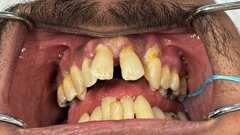


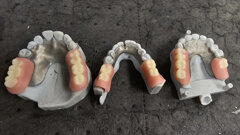


















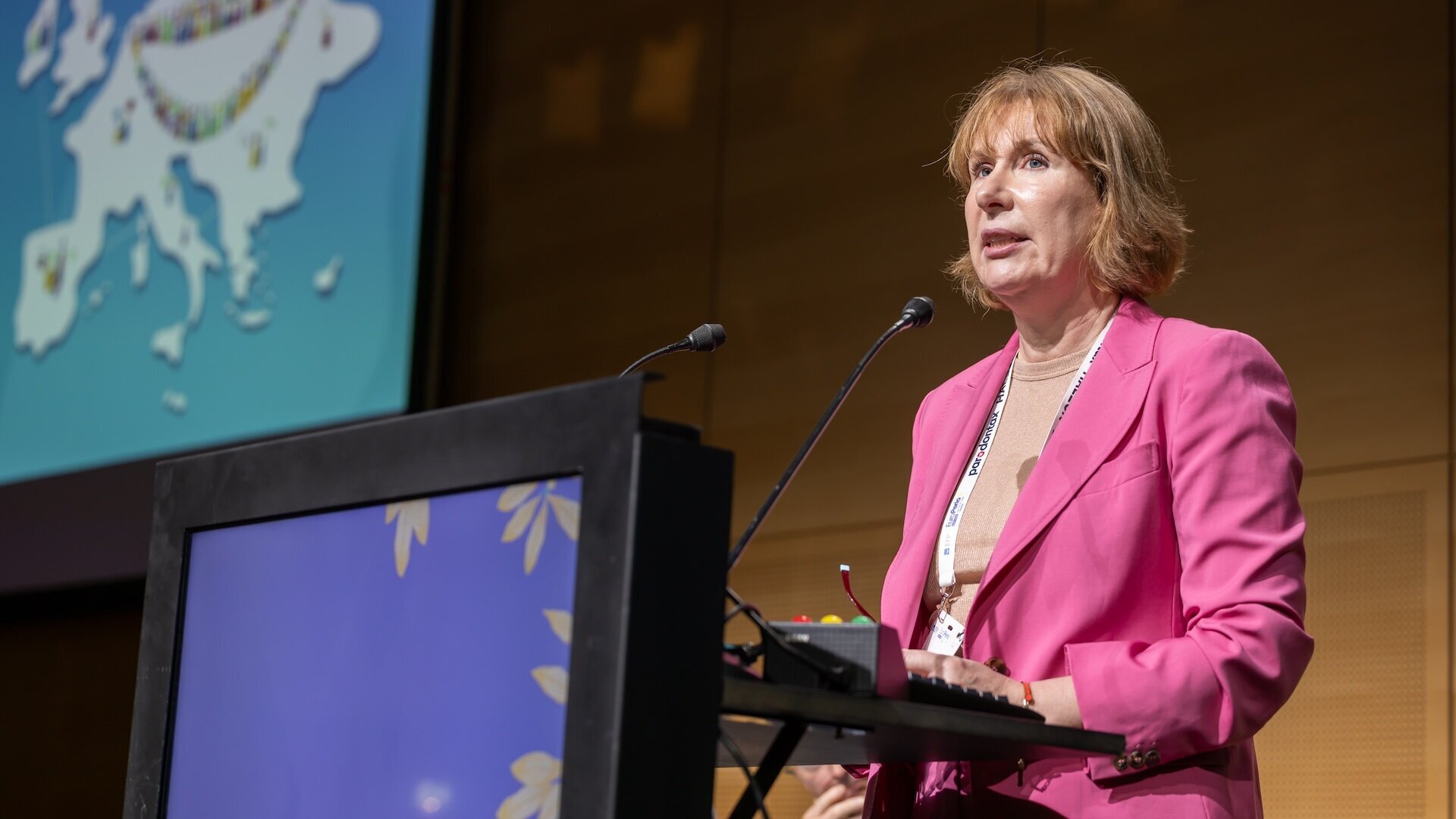

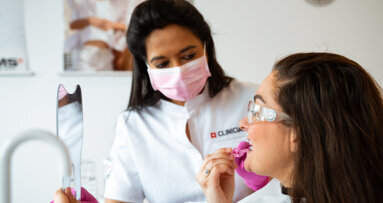





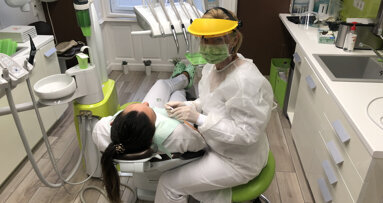
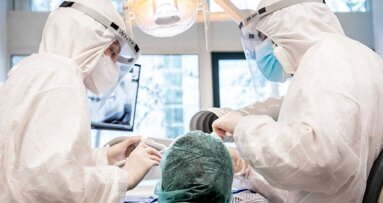
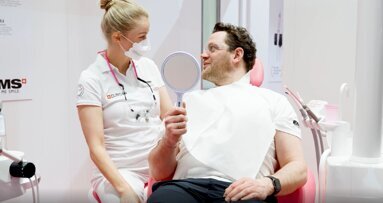
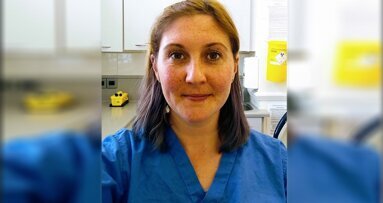






To post a reply please login or register